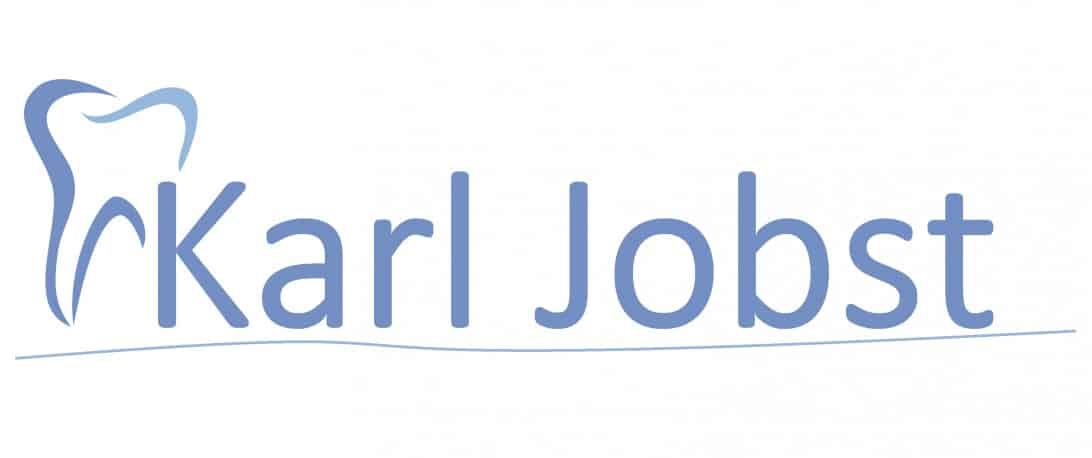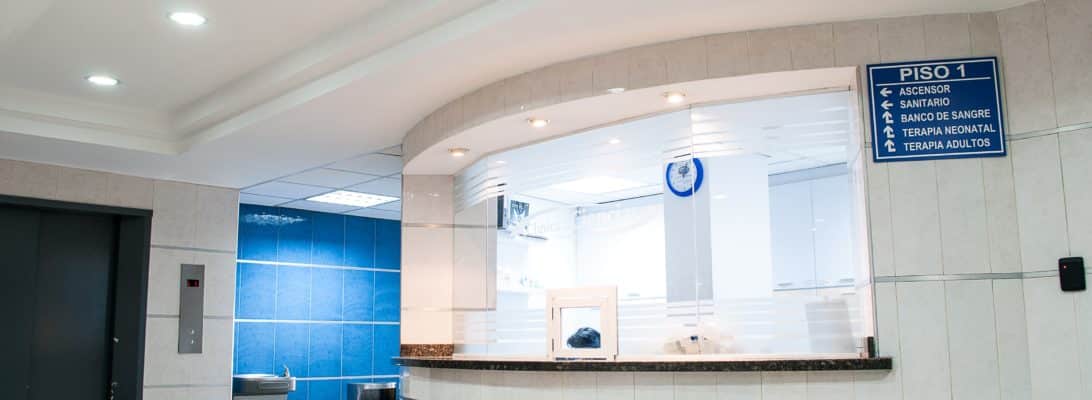According to PBS, even patients who have medical insurance are finding it difficult to pay off their medical bills. Investopedia reported that one emergency room visit can cost from $500 to $3,000. Of adults between the ages of 20 and 65, 75 percent cannot pay off their medical bills. PBS found that one-sixth of all Americans have a past due medical bill that is showing up on their credit report and driving down their credit score.
If you are having trouble paying off medical debt, Keel Associates, a firm that specializes in solutions for families struggling with debt, has some suggestions.
See if the Fee is Covered on Your Insurance –
Sometimes, there are mistakes, and your insurance should have taken care of the fee. If you are pro-active, you can get the insurance carrier to cover the expense. The Balance suggests you notify the billing department of your medical provider that you are trying to get your insurance to pay for the charge.
Apply for Medicaid –
According to The Balance, even if you already incurred the fee, if you act quickly and apply for Medicaid, they will pay for the expense, if you qualify.
Try to Negotiate –
According to Modern Healthcare, there are a percentage of medical debts that hospitals will write off as “charity care,” if your finances are in really bad shape, and you will be unable to pay. The Balance also stated that sometimes charges are unreasonable, and you can negotiate them down. Nerdwallet suggests you try to negotiate a payment plan but that you confirm if there are any fees or interest rate you may have to pay in order to settle up in that manner.
Medical Credit Cards –
According to Nerdwallet, there are medical credit cards that your healthcare provider might suggest if they are not amenable to a payment arrangement. These credit cards often have zero-percent interest for six to 12 months. The problem is that you need to find out how much interest will be charged if you fail to pay down the balance after the zero-interest period. Often, the interest is only deferred.
Pay With Your Consumer Credit Card –
Nerdwallet suggests that, if you have one of those high-interest, consumer credit cards and use it to pay an expensive medical bill, you could end up laboring under high-interest payments that you can never really pay down.
Get a Zero-Interest Credit Card –
Rather than using a high-interest credit card, you could pay the medical fee with a zero-interest credit card. This is a good tactic if you know you will be able to pay off the balance during the 12 to 18 month interest-free period.
Get a Personal Loan –
If the bill is just too high to pay off in a year or so, then a personal loan might be a good idea. As opposed to credit card debt, personal loans often have lower interest rates. If you are one of the thousands of Americans who owe less than $600 dollars in medical debt, you could consolidate the medical debt with high-interest credit card debt you may be carrying. In that manner, you could pay off your debts by making one monthly payment at a lower interest rate.
Contact Keel Associates with any questions you have about medical debt or any kind of consumer debt. We have solutions to help our customers emerge from financial difficulties due to excessive debt

